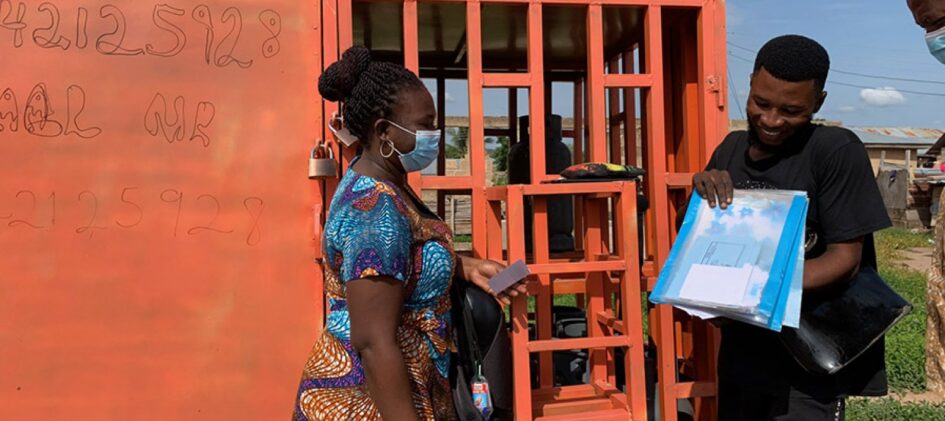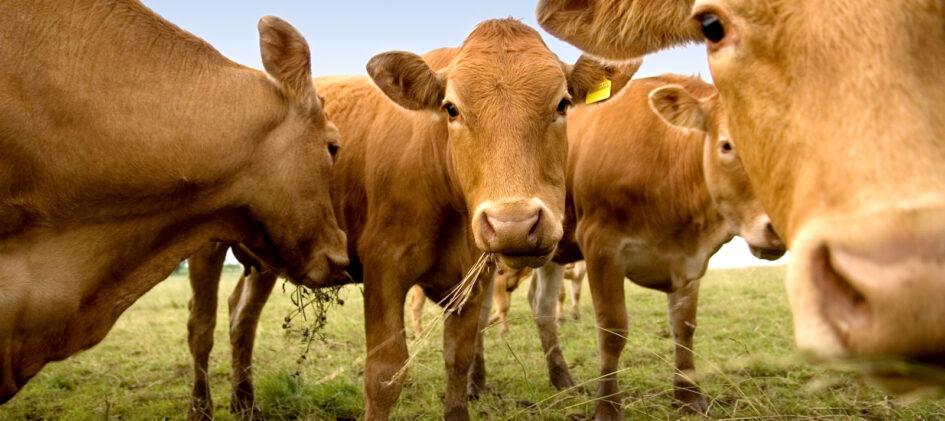When I was 12 years old, I sat inside a raucous tent revival in West Texas, gripping my seat in fear that a traveling evangelist would accuse me of killing my father. A healthy former Air Force pilot who’d averaged an eight-minute mile in the New York City Marathon, my father had just been diagnosed […]
Read More









